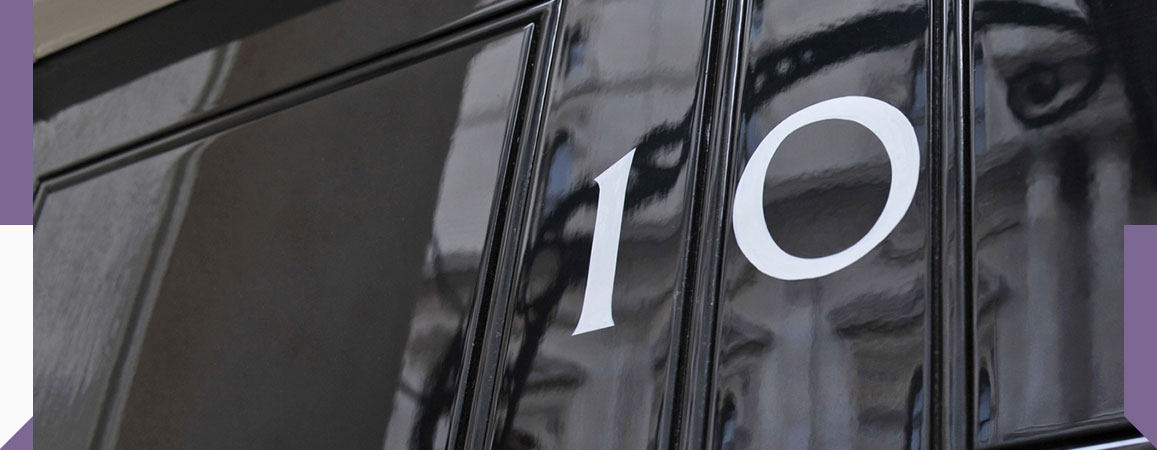Britain faces a hung Parliament following a General Election in which Prime Minister Theresa May not only failed to increase the Conservative Party’s majority in the House of Commons, but also lost it altogether. The result has triggered fresh uncertainties over the UK’s Brexit prospects and the kind of Brexit that will be pursued, and has undermined the UK’s status at the negotiating table.
- Mrs May’s “hard Brexit” approach has been undermined by the result
- The Conservative Party intends achieve a working majority in the Commons by working with the DUP
- Support for Labour leader Jeremy Corbyn has grown
Updated: 12/06/17
Britain is facing a hung Parliament following a General Election in which Prime Minister Theresa May not only failed to increase the Conservative Party’s majority in the House of Commons , but also lost it altogether.
Brexit – Mrs May’s principal reason for calling the election in the first place – took a back seat during the election campaign. Instead, the limelight was absorbed by domestic and security-related issues, resulting in a scrappy campaign by the two leading parties that was further marred by terrorist atrocities in Manchester and London.
“Amid questions over the future leadership of the UK Government, the UK’s Brexit strategy has been thrown into doubt”
Mrs May called the “snap” General Election less than three weeks after formally triggering the Brexit process. Until that point, the next General Election had not been expected to take place until 2020 . When she declared the election, Mrs May seemed to be on course to win a substantial majority in the House of Commons that would provide her with a firm mandate to drive through her Brexit legislation and to pursue her own favoured policies. However, after 52 days of campaigning, her strong lead evaporated, damaged by a series of controversies encompassing proposed social care reforms, her refusal to take part in televised leadership debates, and wider questions over the UK’s security. At the same time, support for Labour leader Jeremy Corbyn began to gain traction.
The election’s result has triggered fresh uncertainties over the UK’s Brexit prospects and the kind of Brexit that will be pursued. Theresa May’s “hard Brexit” stance has been destabilised and, amid questions over the future leadership of the UK Government, the UK’s Brexit strategy has been thrown into doubt. The pound has fallen against the euro , the US dollar and the yen in response; meanwhile, UK businesses are already nervous about the future with Brexit and a hung Parliament will do nothing to reassure them. Brexit talks with Europe are scheduled to begin within weeks , but the UK’s status at the negotiating table has been undermined.
Looking ahead, there are likely to be many more questions than answers for the time being. For now, the Conservative Party has reached an agreement with the Democratic Unionist Party that will provide a working majority in the House of Commons. The Confederation of British Industry (CBI) has urged UK politicians to “get their house in order and form a functioning government (and) reassure the markets”.
A version of this and other articles covering current affairs are available to use in our newsletter builder feature. Click here




